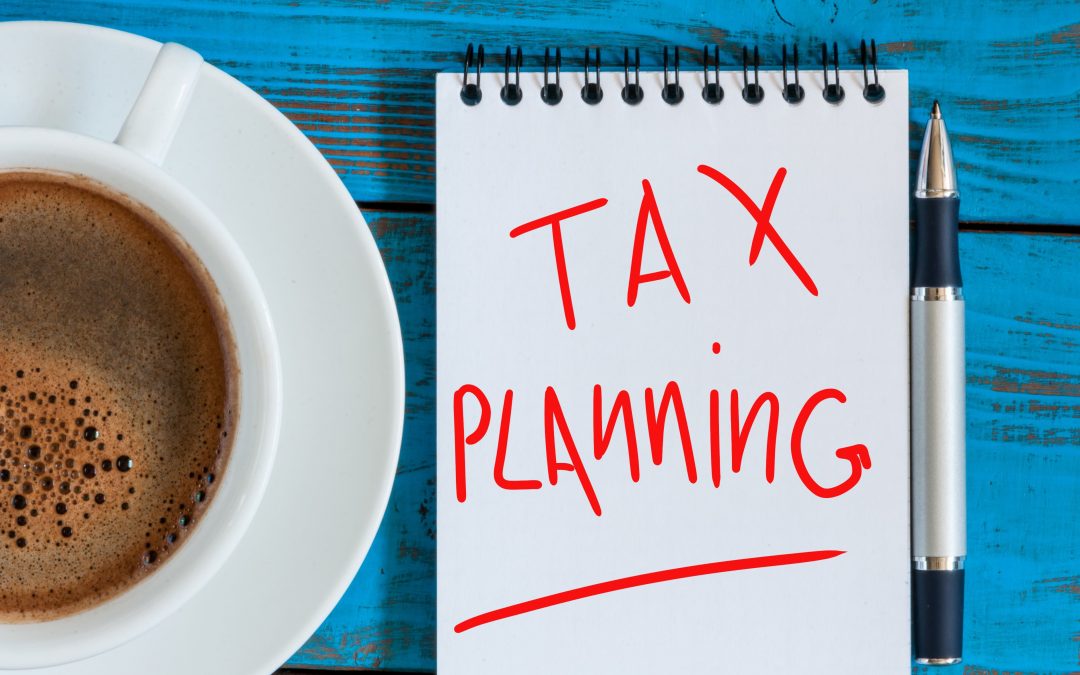Are you one of the many individuals who are taking charge of their careers by choosing to become self-employed?
If so, you need to take charge of your record keeping (especially for tax purposes), and that process can be a bit daunting. Here are some tips that will help you achieve the best financial outcome and ease the pressures of tax season.
1. Estimate your business income
Do you know how much you need to pay in quarterly taxes? Tax planning services like TaxAct, for example, have a self-employed tax calculator (self-employment tax consists of Social Security and Medicare taxes for self-employed individuals).
2. Deduct health insurance premiums
It is possible to deduct health insurance premiums (including long-term care insurance) as an adjustment to income for yourself, your spouse, and your dependents, even if it’s under your own name and not your business. For self-employed individuals, health insurance premiums became 100% deductible in 2003.
The health insurance deduction allows self-employed workers to reduce their adjusted gross income by the amount they pay in health insurance premiums in a given year.
3. Automate your record keeping
Use personal finance software that synchronizes to your bank accounts. These steps will save you time and can minimize errors.
Also, you have multiple options for user-friendly and comprehensive tax-planning and automated record-keeping software. For example, Intuit QuickBooks offers software bundles for self-employed individuals. Features include separate tracking of business and personal expenses, automatic mileage tracking, and sending invoices while traveling. Other bookkeeping services with automated features and phone apps include FreshBooks and Xero.
4. Tally home office expenses
Do you have a qualified home office? You can deduct certain expenses, including a percentage of your utilities and general homeowner expenses.
Before you take this deduction, however, know that your home office must be your principal place of business, and you must use the office regularly and exclusively for work.
The IRS has a simplified home office deduction to guide you through the process. You can read more about the home office deduction at the IRS website.
Pro tip! Timing is crucial in tax planning. For example, making a purchase when it is in the best financial interest of your business. You don’t want to waste the potential tax-saving opportunity of a business-related purchase in a tax year when you do not need the deduction.
5. See if donation is a business expense
There are ways to deduct charitable contributions as a self-employed taxpayer. For example, if you donate to a charity in exchange for advertising, that is a business expense. This will give you a greater tax benefit than an itemized deduction.
It is important not to forget to deduct the value of qualifying charitable donations, including those you make to churches and nonprofits. In some cases, even property donations like cars and furniture are also tax deductible.
For more detailed information on qualified charitable contribution deductions, see this helpful IRS publication.
6. Keep detailed records of all business mileage
You must keep detailed travel records, including distance, purpose, and date. This holds true whether you take the standard mileage deduction or deduct the exact amount of your travel expenses.
For example, the current standard tax-deductible IRS mileage rate for a car, van, pickup truck, or panel truck is 58 cents per mile driven for business purposes. Self-employed tax filers can also deduct parking and toll fees paid while traveling for business purposes in addition to the standard mileage rate.
There are pros and cons to deducting either your actual travel expenses or taking the standard mileage rate deduction. For example, if you use the standard mileage rate deduction, you cannot deduct your car lease payments or repair expenses. However, if you use the actual vehicle expenses method, you can deduct expenses for gas, licenses, and repairs but not mileage.
For more information on calculating and deducting your business-related travel expenses, see this handy IRS guide.
The bottom line
Taxes are complicated, so it pays to educate yourself. For further reading, visit the IRS Newsroom for tax-reform news and tips for self-employed individuals. Books are also available for more in depth information, including J. K. Lasser’s Guide to Self-Employment and The Money Book for Freelancers, Part-Timers, and the Self-Employed by Joseph D’Agnese and Denise Kiernan.




